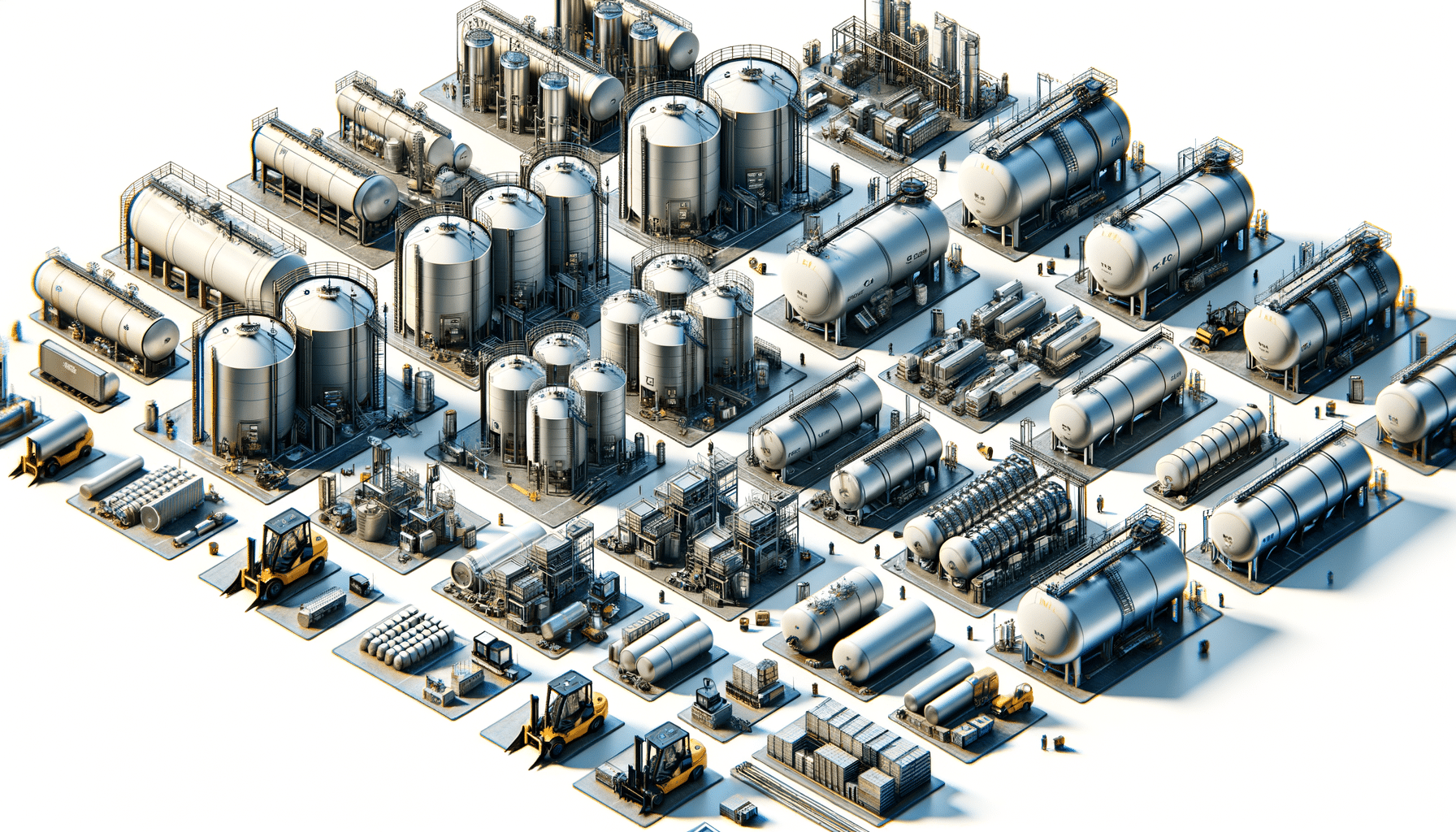
IBC Tanks: A Practical and Affordable Storage Solution.
Understanding IBC Tanks and Their Uses
IBC tanks, or Intermediate Bulk Containers, are a versatile solution for the storage and transportation of liquids, chemicals, and other bulk materials. These tanks are designed to be durable, with a robust outer cage and a high-density polyethylene inner container, making them suitable for both industrial and residential applications. The tanks are available in various sizes, but the most common capacity is 1,000 liters, allowing for the efficient handling of large volumes.
One of the primary advantages of IBC tanks is their adaptability. They can be used for a wide range of purposes, including the storage of rainwater, chemicals, and food-grade products. Their stackable design and compatibility with forklifts and pallet jacks make them easy to transport and store, optimizing space in warehouses and storage facilities.
In industries such as agriculture, manufacturing, and food processing, IBC tanks are invaluable. Farmers use them to store liquid fertilizers and pesticides, while manufacturers rely on them for the safe transport of raw materials. Additionally, their reusability and recyclability make them an environmentally friendly choice, aligning with sustainable business practices.
IBC Totes: Dimensions and Specifications
IBC totes, another term for IBC tanks, come in standardized dimensions to facilitate ease of use and transportation. Typically, a standard IBC tote measures around 48 inches in length, 40 inches in width, and 46 inches in height, though dimensions can vary slightly depending on the manufacturer and specific design.
These dimensions are not arbitrary; they are designed to optimize space usage, whether in a shipping container, on a truck, or in a storage facility. The cubic shape of IBC totes allows for efficient stacking, maximizing storage capacity without compromising accessibility. This design is particularly beneficial for businesses that need to manage large inventories of liquid or granular products.
In addition to physical dimensions, IBC totes are equipped with various fittings and valves to accommodate different types of contents and dispensing needs. These features include screw caps, butterfly valves, and camlock fittings, allowing for secure sealing and easy access to the contents. The versatility of IBC totes in terms of dimensions and fittings makes them a practical choice for a wide range of industries.
Exploring Options: New and Used IBC Tanks for Sale
When considering purchasing IBC tanks, potential buyers have the option to choose between new and used units, each with its own set of advantages. New IBC tanks offer the assurance of pristine condition and compliance with the latest safety standards. They are ideal for businesses that require tanks for food-grade or sensitive chemical storage, where contamination must be avoided at all costs.
On the other hand, used IBC totes present a cost-effective alternative. These reconditioned tanks are thoroughly cleaned and inspected to ensure they meet safety and usability standards. For businesses operating on a budget or those using tanks for non-sensitive applications, used IBC totes can provide significant savings without sacrificing functionality.
When searching for IBC tanks for sale, it’s essential to consider factors such as the intended use, budget, and any specific requirements for fittings or dimensions. Whether opting for new or used tanks, buyers can find a range of options from suppliers who specialize in bulk containers, ensuring they select a product that meets their needs efficiently and economically.


